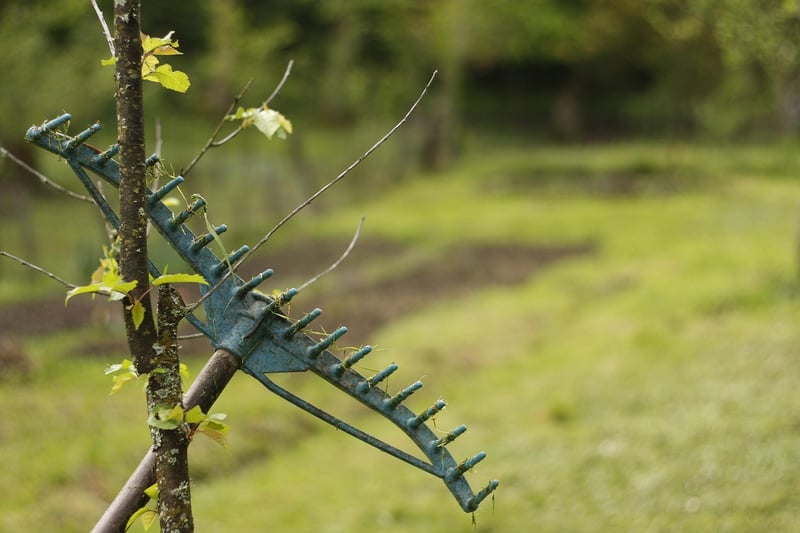Outdoor Gardens
Tips for Healthy Plants in Outdoor Gardens
Having a thriving outdoor garden filled with lush, healthy plants can be a rewarding experience for any gardener. To ensure your plants reach their full potential, here are some essential tips to keep in mind:
1. Choose the Right Plants
Before starting your outdoor garden, research and select plants that are well-suited to your climate, soil type, and sunlight levels. Choosing the right plants from the beginning sets the foundation for a successful garden.
2. Provide Adequate Water
Water is essential for plant growth. Be mindful of each plant's water requirements and ensure they receive an adequate amount of water, especially during hot summer months. Consider using a drip irrigation system to efficiently water your garden.
3. Ensure Proper Drainage
Proper drainage is crucial for plant health. Make sure your garden beds have good drainage to prevent waterlogging, which can lead to root rot and other issues. Raised beds can help improve drainage in areas with poor soil quality.
4. Mulch Your Garden
Applying mulch to your garden helps retain moisture, suppresses weeds, and regulates soil temperature. Organic mulches like wood chips or straw also enrich the soil as they break down over time.
5. Monitor for Pests and Diseases
Regularly inspect your plants for any signs of pests or diseases. Early detection is key to preventing infestations from spreading and causing damage to your garden. Consider using natural pest control methods whenever possible.
6. Prune Regularly
Pruning helps promote healthy growth and airflow within your plants. Remove dead or damaged branches, flowers, and leaves to encourage new growth and prevent diseases from taking hold.
7. Feed Your Plants
Plants require nutrients to thrive, so consider fertilizing them regularly during the growing season. Choose a fertilizer that matches your plants' needs and follow the recommended application guidelines.
8. Protect from Extreme Weather
Extreme weather conditions like frost, heatwaves, or strong winds can damage your plants. Be prepared to protect your garden with frost cloths, shade cloth, or windbreaks when needed.
9. Stay Consistent with Care
Consistency is key when it comes to plant care. Develop a routine for watering, fertilizing, and maintenance tasks to ensure your plants receive the care they need to thrive.
By following these tips and staying attentive to your plants' needs, you can create a beautiful and healthy outdoor garden that brings joy and satisfaction for years to come.

Image source: Pixabay
